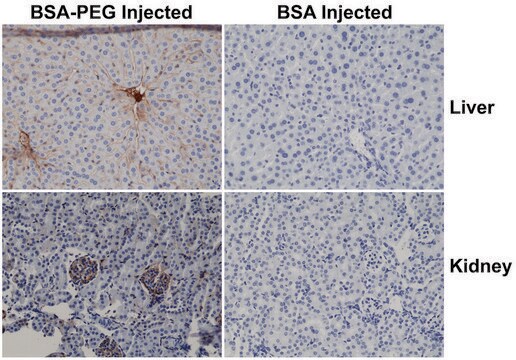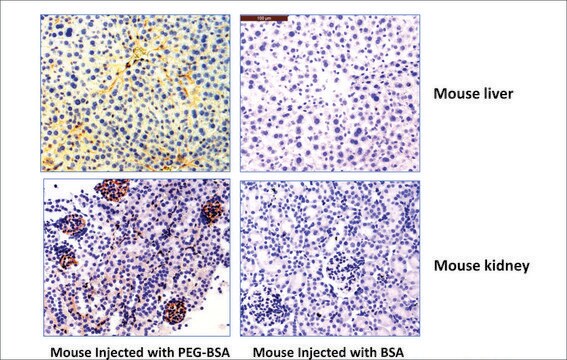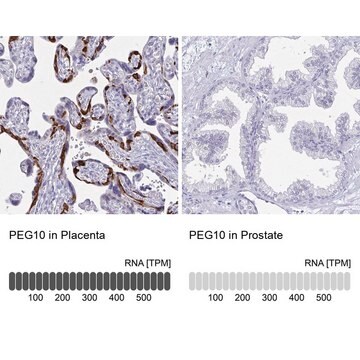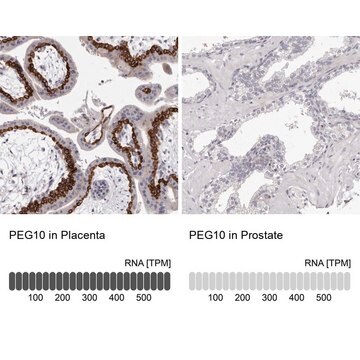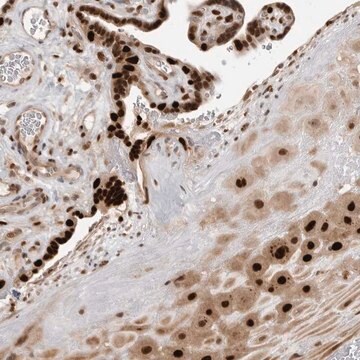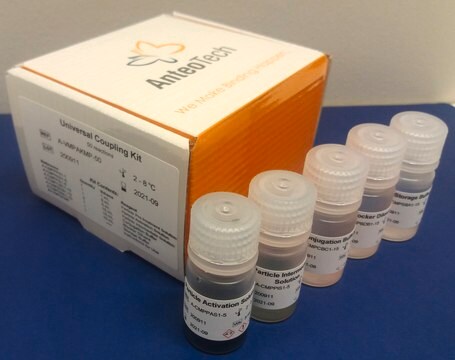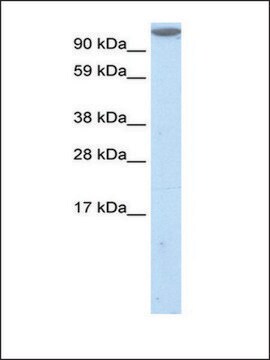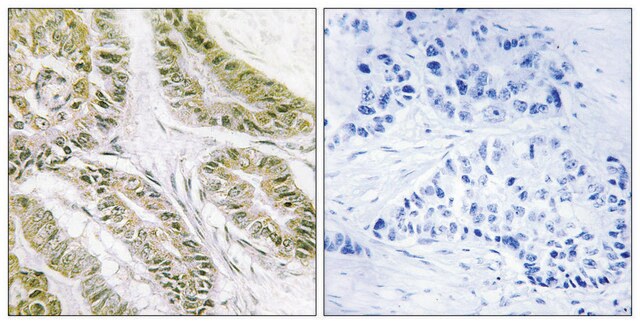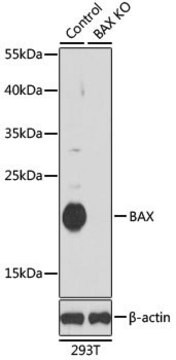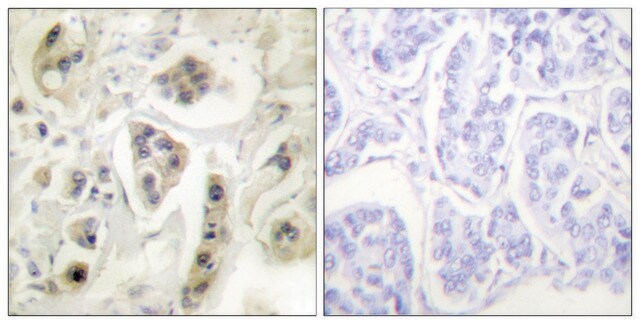AV38756
Anti-PEG3 antibody produced in rabbit
affinity isolated antibody
Synonym(s):
Anti-Paternally expressed 3
About This Item
Recommended Products
biological source
rabbit
Quality Level
conjugate
unconjugated
antibody form
affinity isolated antibody
antibody product type
primary antibodies
clone
polyclonal
mol wt
181 kDa
species reactivity
dog, bovine, rabbit, human, horse, pig
packaging
pkg of 100 μL buffered aqueous solution
pkg of 50 μg lyophilized powder
concentration
0.5 mg - 1 mg/mL
technique(s)
western blot: suitable
NCBI accession no.
UniProt accession no.
storage temp.
−20°C
target post-translational modification
unmodified
Gene Information
human ... PEG3(5178)
General description
Specificity
Immunogen
Application
Biochem/physiol Actions
Sequence
Disclaimer
Not finding the right product?
Try our Product Selector Tool.
Storage Class Code
10 - Combustible liquids
WGK
WGK 2
Flash Point(F)
Not applicable
Flash Point(C)
Not applicable
Certificates of Analysis (COA)
Search for Certificates of Analysis (COA) by entering the products Lot/Batch Number. Lot and Batch Numbers can be found on a product’s label following the words ‘Lot’ or ‘Batch’.
Already Own This Product?
Find documentation for the products that you have recently purchased in the Document Library.
Our team of scientists has experience in all areas of research including Life Science, Material Science, Chemical Synthesis, Chromatography, Analytical and many others.
Contact Technical Service